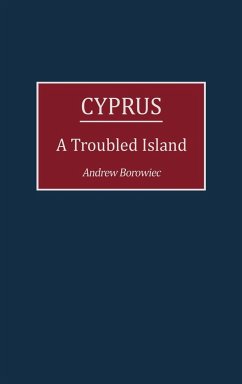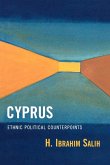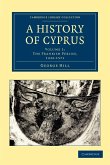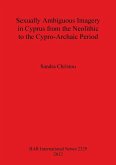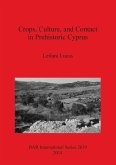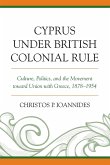Borowiec portrays Cyprus as a permanent source of tension in the Eastern Mediterranean and a potential trigger for future conflict between Greece and Turkey. He describes the depth of animosity between Greek and Turkish Cypriots and analyzes the obstacles in the path of a search for a solution. Most casual observers see the conflict between Greeks and Turks on a strategic Mediterranean island as a struggle within a sovereign state. Borowiec concludes that there has never been a Cypriot nation, only Greeks and Turks living in Cyprus, separated by the hostility reflecting the traditional animosity between their motherlands. If these two groups could forget their past conflicts-as did, for example, Germany and Poland-there might be a way to end the partition of Cyprus. At the present time, however, the crisis is likely to continue with varying degrees of tension, threatening the entire Eastern Mediterranean and undermining NATO's cohesion. Borowiec traces the history of Cyprus from antiquity through Ottoman and British colonial rule and the post-independence period. He describes the break between the island's communities in 1963, the UN intervention of 1964, and the path toward the Athens junta's coup in 1974 which caused the Turkish invasion and occupation of the northern part of Cyprus. He compares the conflicting views of the protagonists-the Greek Cypriot majority and the Turkish Cypriot minority. Considerable attention is paid to the two separate economic and political entities on the island. Borowiec analyzes the futility of myriad international mediation efforts and suggests possible ways of creating a climate propitious to dialogue. This important new look at the Cypriot conflict will be valuable to researchers, policy makers, and scholars involved with the Eastern Mediterranean and conflict/peace studies.
Hinweis: Dieser Artikel kann nur an eine deutsche Lieferadresse ausgeliefert werden.
Hinweis: Dieser Artikel kann nur an eine deutsche Lieferadresse ausgeliefert werden.

